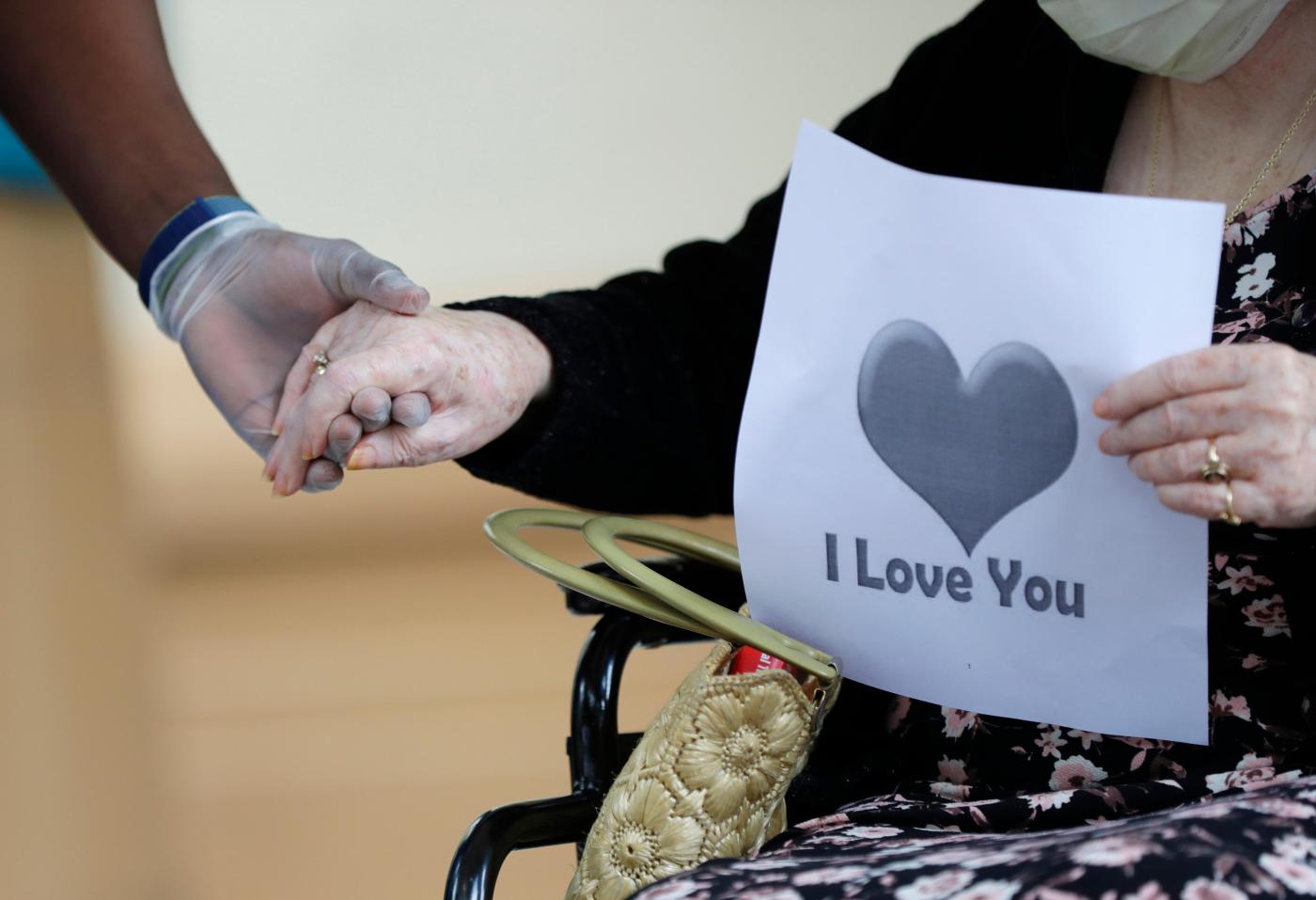
Home care program for elders in Massachusetts facing budget gap, advocates say
A state-funded program that allows elderly adults in Massachusetts and people living with Alzheimer’s Disease to avoid moving to a nursing home or other long-term care facility is projected to run into the red if current usage trends continue, advocates warned Tuesday.
The Massachusetts Home Care Program, which is available to those 60 and older or people under 60 with Alzheimer’s or related dementia, faces a deficit of tens of millions of dollars even with zero program growth through the rest of fiscal year 2025, advocates said during a briefing.
The shortfall comes as Massachusetts has a “rapidly growing” older adult population, people generally live longer, and those who are over 60 want to remain at home rather than transfer to a nursing home, according to Mass Aging Access.
Sen. Pat Jehlen, a Somerville who co-chairs the Elder Affairs Committee, said supporting the Home Care Program is of “extreme importance.”
“I cannot overestimate the importance of supporting home care and the importance of trying to resolve this as soon as possible so people can make plans and hire the people who are so hard to find,” Jehlen said during a virtual briefing hosted by Mass Aging Access.
Mass Aging Access said local providers of the Home Care Program are often seeing people who are “frailer and have more complex care needs, including more consumers living with dementia.”
Roughly 65% of those enrolled in the Home Care Program in 2023 had an average household income of less than $25,582, with 36% making between $10,000 and $19,000, according to the organization.
The program serviced nearly 47,000 individuals in June, a 9% increase from June 2023. And by the end of the first quarter of fiscal year 2025, utilization is already at 48,528, according to Mass Aging Access.
“Demographics clearly illustrate that utilization will likely continue to grow through fiscal year 2025,” the organization said in a presentation to lawmakers.
Mystic Valley Elder Services Lisa Gurgone said the program needs roughly $54 million assuming an 8% growth trend.
“We’ve been working very closely with the administration to try to address this,” Gurgone said. “It does seem that, unfortunately, when the fiscal year 2025 numbers were being developed, the commonwealth used utilization numbers for fiscal year 2023.”


